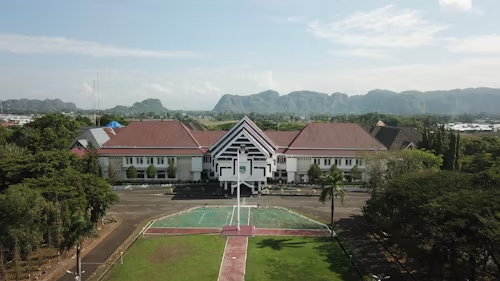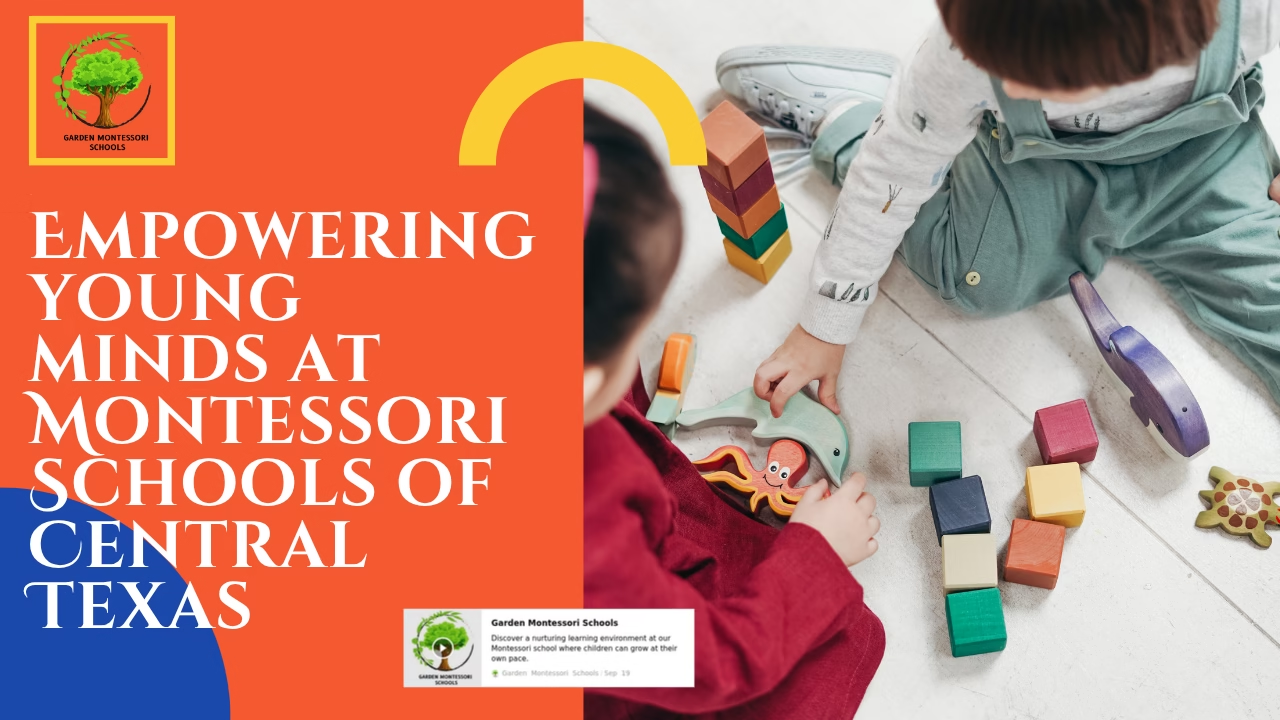As parents and children await the beloved summertime break from the relentless school calendars, indulgent holidays, and hours of relentless homework, the educators must know that the breaks may not be a great idea.
The problem is verified by education research and news outlets and termed “summertime learning loss,” or in simpler words, the learning gaps kids face during vacations when concepts are either new or yet to be learned. So, learning shouldn’t cease.
Almost every student is dying to rush into summer break, especially after they have exhausted themselves in class or during exams, and parents should treat their children with the best offer, which is specially tailored for those students who suffered the most, working with purpose over the summer.
The good thing is that serving in that capacity comes with many choices for parents eager to assist their children.
Let’s further understand how summer affects your child’s brain, alongside exploring nine strategies for keeping your child sharp throughout the summer.
Understanding SummerTime Learning Loss
The phenomenon is most evident in early child development. Research indicates that students, on average, lose roughly one to three months’ worth of academic skills related to their grade level during summer vacation. Other studies also indicate reading and math skills are the most impacted during extended breaks.
1. Neural Pruning
Without overt activity, the brain goes through ‘neural pruning’. This process involves the loss of connections between neurons, also known as synaptic elimination.
It is widely accepted that there is a positive balance between the value and effort associated with pruning. Pruning aids in refining the brain’s methods to function well.
However, some deleterious effects can result from the extended inactivity of specific brain connections. Such effects can be observed, especially regarding learning or acquiring skills.
For instance, a child may not participate in summer reading, writing, or calculating activities. The problem is that the brain becomes prone to losing skill-based connections during this time. Since they are not being used, these links might be weakened or lose their potency.
Encouraging active thought processes aids in the retention of skills and knowledge. This even applies through periods of low academic activity, such as summer holidays.
2. The Forgetting Curve
The forgetting curve is an idea in psychology. It illustrates the loss of information retention as time elapses without revisiting or reinforcing the learned material. Hermann Ebbinghaus proposed this principle in the late 1800s.
Ebbinghaus carried out self-experiments to determine how information retention works. His results show that there is a sharp decline in memory retention within a few hours after learning something, followed by a gradual decline for a longer period.
This is to say that most forgetting happens within a few hours or days of newly learned information. This research is notable because it suggests that children forget much of what is learned throughout the school year without consistent practice and interaction with educational content.
3. Early Childhood Longitudinal Study
This study is one of the foundational research components in early child development. The Early Childhood Longitudinal Study is an extensive research project that the U.S. Department of Education administers with the primary goal of monitoring the growth and development of children from birth to Kindergarten.
It collects data on children’s wellbeing, family, early schooling, and learning achievements over time, and analyzes these aspects of their health status.
The ECLS has provided a wealth of knowledge and understanding in highlighting the numerous elements that directly or indirectly affect children’s growth and education, especially during learning loss during vacations.
Its findings reinforce the importance of early life experiences and their impact on success during later stages, which illustrates the value of high-quality early childhood education.
9 Tips to Combat Learning Loss During the Summer
Many parents worry about summertime learning loss, but with the right plan, it can be avoided. These tips will help maintain your child’s learning retention.
While forward learning is not practical during summer, creating a summer reading challenge can help.
1. Encourage Summer Reading
Creating incentive-based challenges is a great way to encourage students to complete a milestone. Design a specific goal around the number of books or pages to be read and give rewards for completing each milestone.
You can also participate in summer reading programs offered at local libraries. Furthermore, many local stores and businesses tend to run summer reading challenges, and supporting your child’s reading comprehension is a summer-time perk.
2. Foster Peer Learning and Collaboration
Set up playdates or group events where children can socialize and encourage them to undertake group projects.
Public places of worship or Co-ops can serve as an excellent resource for getting like-minded people together. Your child can also find a lot of peer groups that best suit them through Facebook groups.
These group tasks and social exercises help cement academic concepts and promote peer interaction, communication skills, and teamwork. As your group meets, please encourage them to share knowledge, brainstorm ideas, and work together towards a common goal.
3. Foster Learning Using the Tips From the Article
Use your church, co-ops, or even Facebook to organize playdates for children to learn and socialize with their peers.
4. Develop a Schedule for the Daily Activities Centered Around Learning.
Set up a specific learning time each day within a daily timetable. Setting a time where academic work can be done focuses the family on learning during the summer, which helps ensure that a particular learning skill is mastered.
Focus on making a schedule, as repetition will prevent learning stagnation and promote steady learning growth.
5. Learning by Doing
Many academic concepts can be learned while studying a subject, but using the summer break to travel and explore new places is equally critical. Organize visits to educational websites such as museums, zoos, parks, and other historical places. Children learn many things better when they can see things in real life.
Allow children to ask questions, make observations, discuss, and describe what they have learned. Real experiences capture the attention of young learners and hold relevance to their lives. Such experiences expose learning opportunities that require full concentration and understanding of why learning is essential in their lives.
6. Encouraging Journaling or Creative Writing
Writing is fundamental for every stage of a child’s development. Writing improves language skills, nurtures imagination, develops new ideas, and enhances analytical skills. Encourage your child to write original stories or poems, in whichever way they find appealing.
Doing so allows children to maintain a summer journal. This journal is a creative outlet for children to pen down their summer experiences.
Through the summer, set aside some of your undivided attention to read through this journal with your child and celebrate their creativity. After reviewing the journal, encourage them to remember and document their best experiences.
7.Involve Children in Everyday Activities
Help children and learners turn mundane tasks into fun activities wherein they can learn about household chores and other do-it-yourself projects.
Cooking together lets children learn math practically and even helps them measure ingredients. Furthermore, children learn educational concepts like photosynthesis and plant growth while tending to the garden. Involve children in budgeting, planning, and decision-making to cultivate these essential life skills.
Completing the task on your own may seem quicker, but preparing your child for summer learning activities deficit makes their participation engaging.
8.Take Advantage of Online Learning Programs
If it’s knowledge that the general public seeks, then knowledge it is that the general public gets. A tutorial can be found on almost any platform and exists for almost every topic under the face of the planet.
Khan Academy, PBS Kids, and National Geographic Kids are excellent websites that are bound to increase the general educational level of students in all grades. They are most certainly a welcome inclusion in your child’s summer learning and revision materials.
9. Sign Up for Educational Camps or Programs
To help your child minimize summer learning losses, having them sign up for educational camps and programs will be extremely helpful.
A professional educator can assist with these gaps and gaps in the child’s achievement levels. Children will enjoy the attention and responsive structure of the materials they face over the coming school year.
Use research tools to find the best education summer camp or program that offers the most engaging learning activities tailored to your child and the subjects and skills they wish to explore.
The options are endless, from a science camp, a coding workshop, and an art program. All allow your child to gain practical experience. These programs maintain learners’ attention and enthusiasm.
FAQs
Do kids lose knowledge over summer?
Studies have indicated that extended breaks like a summer vacation can result in children losing, on average, 2.6 months of knowledge retention.
How can kids keep reading during the summer?
Having children readily available to engaging books will help keep their reading skills sharp during the summer.
Does year-round school prevent summer learning loss?
Year-round schooling shortens the lengthy, traditional summer breaks linked with the ‘summer slide’ and decline in academic skills, especially for lower socioeconomic students.
How can kids keep reading during the summer?
Having children readily available to engaging books will help keep their reading skills sharp during the summer.
Does year-round school prevent summer learning loss?
Year-round schooling shortens the lengthy, traditional summer breaks linked with the ‘summer slide’ and decline in academic skills, especially for lower socioeconomic students.



